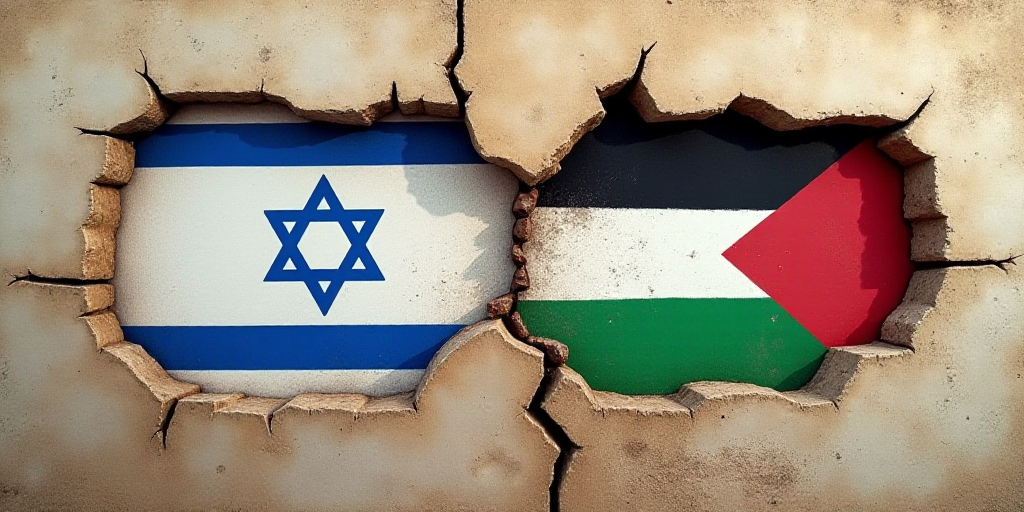Background on Key Players and Context
Iran has been a significant player in Middle Eastern politics for decades, with its nuclear program being a major point of contention. The country asserts that its nuclear activities are for peaceful purposes, such as energy production and medical isotopes. However, concerns about potential nuclear weapon development have led to international scrutiny and sanctions.
Israel, on the other hand, is widely believed to possess nuclear weapons but maintains a policy of “nuclear ambiguity,” neither confirming nor denying their arsenal. Given its strained relations with Iran, Israel views Iran’s nuclear program as an existential threat and has taken military action to curb it.
Recent Escalation and Iran’s Stance
This past Friday, Israel launched a series of attacks targeting Iranian military sites, including those involved in missile production and alleged nuclear weapon development. These strikes resulted in casualties and damage within Iran, with reports of explosions in southwestern provinces and civilian casualties.
In response, Iran activated its air defenses and retaliated with missile attacks against Israeli cities, causing damage to infrastructure and religious sites. Iran’s representative at the UN, Amir Saeid Iravani, declared that Teheran would not engage in nuclear talks while under attack from Israel.
International Reactions and Calls for Diplomacy
The head of the International Atomic Energy Agency (IAEA), Rafael Grossi, warned against attacking nuclear facilities, emphasizing the potential catastrophic consequences of such actions.
UN Secretary-General António Guterres urged all parties to avoid escalating the conflict further, stating that it could ignite a conflagration beyond anyone’s control. Russia and China called for an immediate de-escalation, while US President Donald Trump indicated that a decision on American involvement would be made within two weeks.
Nuclear Program and Enrichment
Iran has expressed willingness to discuss limitations on uranium enrichment but firmly rejects any proposal for “zero enrichment,” especially amidst ongoing Israeli attacks.
Israel’s objective is to prevent Iran from acquiring nuclear weapons capability, while avoiding any nuclear disaster. The recent airstrikes have resulted in over 600 fatalities in Iran, including military and nuclear scientists, according to the Human Rights Activists News Agency (HRANA). In Israel, 24 civilians have lost their lives due to Iranian missile attacks.
Key Questions and Answers
- Who is involved in the conflict? The key players are Iran and Israel, with both nations engaging in a series of airstrikes and missile exchanges.
- What is the nature of the conflict? The dispute centers around Iran’s nuclear program, which Israel perceives as a threat to its security. Both sides have resorted to military action, with Israel targeting Iranian military sites and Iran retaliating against Israeli infrastructure.
- What are the international reactions? The UN, Russia, China, and the US have called for de-escalation and diplomatic solutions to prevent further violence.
- What are Iran’s conditions for nuclear talks? Iran has stated it will not engage in discussions about its nuclear program while under attack from Israel.
- What are the consequences of the conflict? The airstrikes have resulted in significant loss of life and damage to infrastructure on both sides, exacerbating tensions in the already volatile Middle East.






